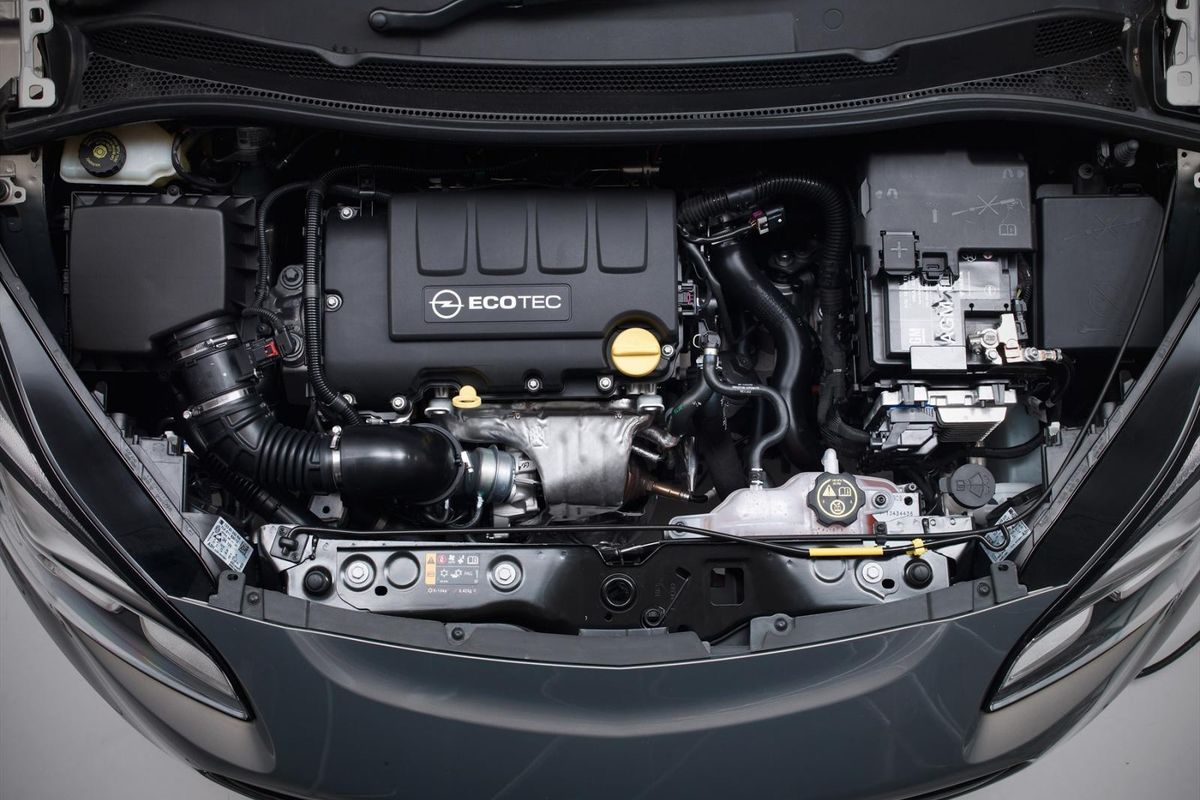Locate the most effective Opel Corsa 1.4 Engine Price for Your Vehicle at Car Parts Stand
Locate the most effective Opel Corsa 1.4 Engine Price for Your Vehicle at Car Parts Stand
Blog Article
Engine Buying Expert Tips on Selecting the Right Engine for Your Specific Requirements
Picking the ideal engine for your particular requirements entails a complicated interplay of variables that go past plain horse power numbers. By diving into the complexities of power versus performance, examining fuel scores, and budgeting for long-lasting prices, one can genuinely optimize their engine option.
Power Vs. Effectiveness: Locating the Balance
When picking an engine, it is vital to strike a balance in between power and efficiency to fulfill your particular demands efficiently. Power refers to the engine's ability to create power for propulsion, figuring out factors like velocity, towing capability, and overall performance - Opel Corsa 1.4 Engine Price. On the various other hand, efficiency associates with how well the engine uses gas to generate power, impacting variables such as fuel economic climate and ecological friendliness
Accomplishing the appropriate balance between power and performance is essential since an engine that is also powerful may take in too much gas, leading to higher operating expense and unneeded strain on the setting. Conversely, an engine that focuses on efficiency over power may lead to slow efficiency, specifically popular circumstances like pulling hefty loads or driving uphill.
To make an informed decision, think about aspects such as your regular driving problems, the intended use the vehicle, and your personal preferences. By assessing your demands and concerns, you can select an engine that strikes the best equilibrium in between power and effectiveness, making sure optimum efficiency while lessening environmental impact and operating expenses.
Comprehending Engine Size and Type
To further refine the selection process of an engine that strikes the optimal balance between power and performance, it is important to look into the details of recognizing engine dimension and type. Engine size describes the complete quantity of air and fuel that can be pushed via the engine cyndrical tubes. It is normally determined in liters or cubic centimeters. Larger engine sizes generally cause more power output yet can additionally cause reduced fuel performance. On the various other hand, smaller sized engine dimensions are typically much more fuel-efficient but might compromise some power.
Additionally, engine kind plays a vital role in establishing the performance characteristics of an engine. Typical engine kinds consist of inline engines, V engines, and rotating engines, each with its special advantages and disadvantages. The engine kind impacts variables such as the engine's size, weight circulation, and power delivery. Comprehending the interplay between engine dimension and type is crucial in picking an engine that aligns with your specific needs and concerns, whether it be power, performance, or a balance of both.

Consider Your Car's Needs
Considering your automobile's requirements is a basic step in the engine option process to ensure ideal performance and performance. It is important to review elements such as the planned usage of the car, its weight, lugging capability, and gas efficiency demands. For example, if you are seeking an engine for a heavy-duty truck that will certainly be utilized for towing, you will certainly need a powerful engine with high torque capacities. On the various other hand, if you are selecting an engine for a small automobile largely used for city commuting, gas performance may be a much more important factor to think about.
Furthermore, the terrain on which the car will mostly their website run need to influence your engine option. A robust engine with good climbing power will certainly be required if you often drive in hilly or mountainous locations. Alternatively, for level terrains, an extra fuel-efficient engine might be adequate. By straightening the engine requirements with your automobile's demands, you can guarantee that your vehicle runs efficiently and meets your efficiency assumptions.
Reviewing Gas Efficiency Rankings
Examining fuel performance scores is an essential aspect of choosing the right engine for your car, guaranteeing cost financial savings and environmental sustainability. Gas efficiency rankings, usually measured in miles per gallon (MPG) for gas engines or kilowatt-hours per 100 miles (kWh/100 miles) for electrical engines, suggest just how far a lorry can travel on a details amount of gas or electrical power. Higher MPG or reduced kWh/100 miles worths symbolize more effective engines, converting to decreased gas costs and reduced carbon emissions.
When examining gas effectiveness rankings, consider your driving habits and requirements. An extremely fuel-efficient engine can result in substantial savings over time if you commute long distances daily. Additionally, contrast various engine options within the exact same automobile course to identify the most cost-effective selection. Variables such as engine size, weight, aerodynamics, and hybrid or electrical capacities can all affect gas efficiency.
Budgeting for Long-Term Prices
Purposefully preparing for long-term expenditures is vital when selecting an engine, ensuring economic sustainability over the car's lifespan. While the preliminary purchase rate of an engine is a considerable factor, it is crucial to think about the long-term prices connected with upkeep, repair work, and gas usage.
Moreover, investigating the schedule and cost of replacement parts for the selected engine is crucial in budget preparation. Engines with cost effective and readily offered components can considerably influence long-term maintenance expenditures. Furthermore, thinking about the engine's resilience and anticipated life-span can help prevent unanticipated replacement costs in the future. By meticulously budgeting for these long-term costs and factoring them right into the decision-making procedure, individuals can select an engine that not only fulfills their prompt demands but likewise stays cost-efficient throughout its lifespan. directory
Conclusion
To conclude, choosing the best engine for your particular requirements needs balancing power and efficiency, understanding engine size and type, considering your vehicle's Recommended Reading requirements, reviewing gas performance rankings, and budgeting for long-lasting expenses. By thoroughly considering these factors, you can ensure that you choose an engine that fulfills your demands and supplies ideal performance for your vehicle.
To further improve the choice process of an engine that strikes the optimum balance between power and performance, it is vital to delve right into the complexities of understanding engine dimension and type. Engine dimension refers to the total quantity of air and fuel that can be pressed via the engine cyndrical tubes. Common engine kinds include inline engines, V engines, and rotating engines, each with its distinct benefits and disadvantages. Recognizing the interplay in between engine size and kind is important in picking an engine that lines up with your details requirements and top priorities, whether it be power, effectiveness, or an equilibrium of both.

Report this page